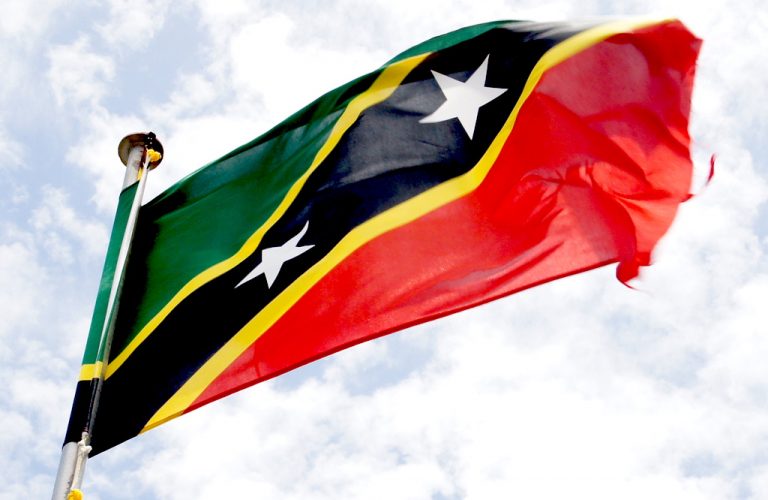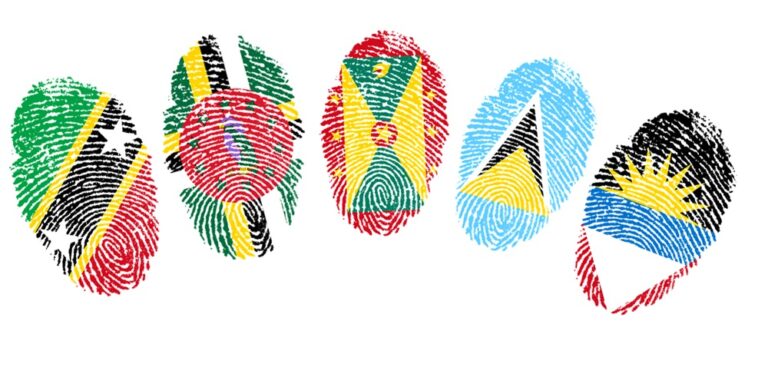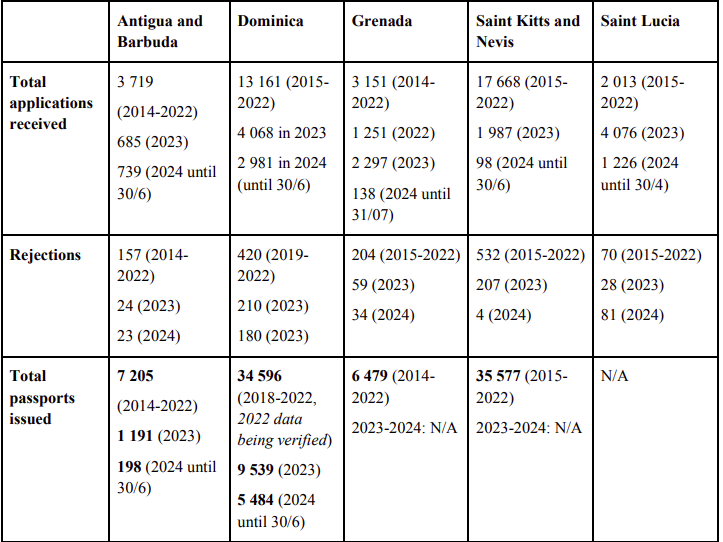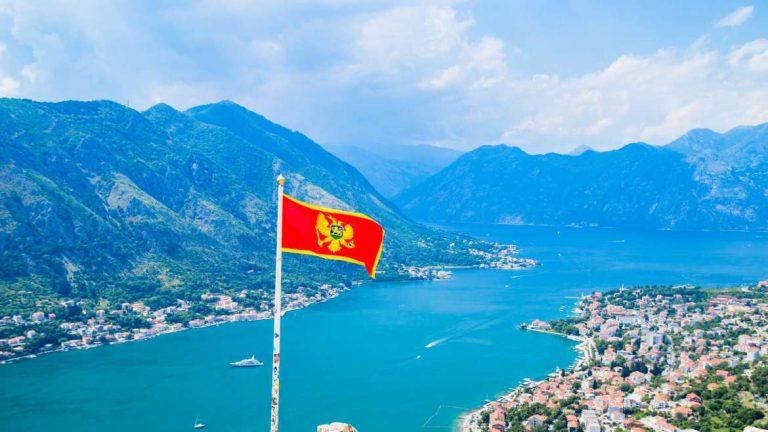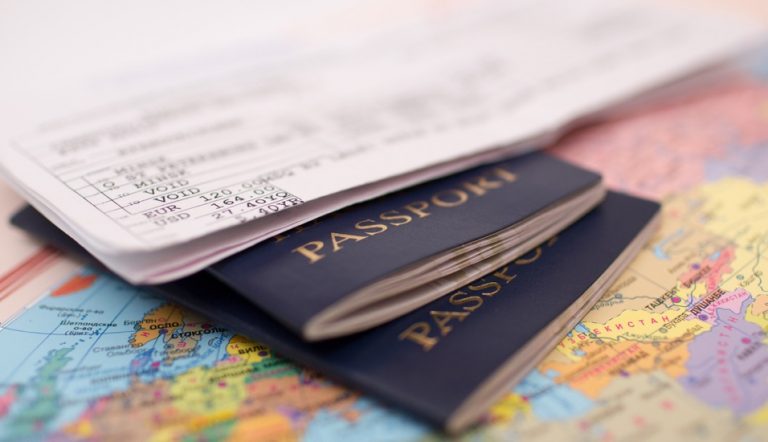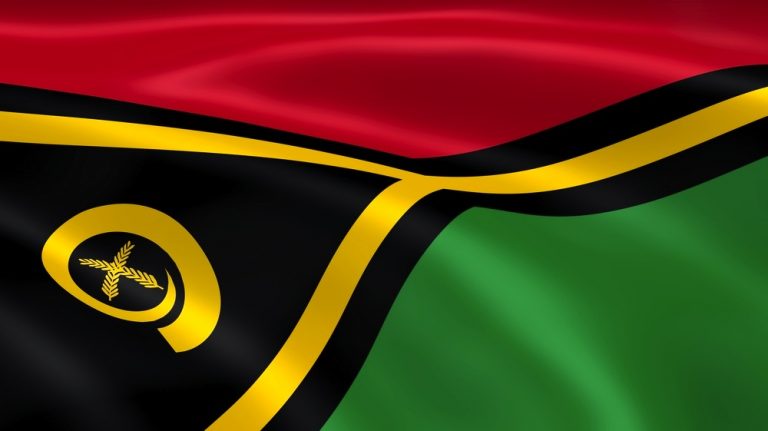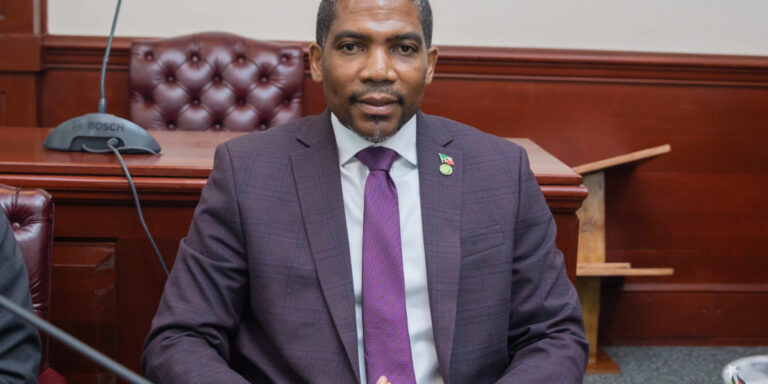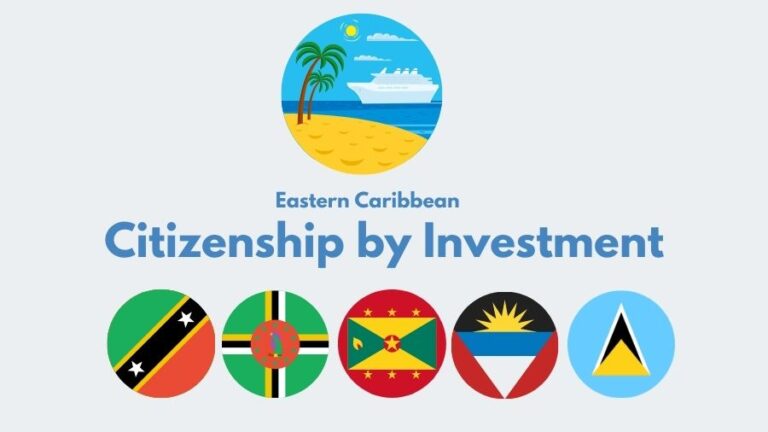by World Citizenship Council
Underselling is a type of fraud, involves selling discounted citizenships below the statutory minimum. It is promoted by unscrupulous greedy agents exploiting CBI property route, misleading innocent applicants to engage fraudulent activities. This kind of fraud attracts “wrong kind” of people. The practice of selling discounted passports in the Caribbean has been going unnoticed for many years in the CBI industry. The danger part here is – Investors who paid less are conned, at risk losing their entire money, along with cancellation of citizenship and passports received including for family members.
Since Citizenship is tied to national identity and pride, and treating it as a cheap commodity devalues national identity. A country being sold out cheaply is “economic betrayal”
A Puppet State
Selling too many passports without any cap on limits, dilutes the value of citizenship of a country. Underselling compromises due diligence can lead to criminals abusing the program and can facilitate espionage, damages international relations and creates tensions. As more citizenships are sold, artificially creates more foreign population than local indigenous citizens, the country becomes a “puppet” state. The new economic citizens, do not have genuine ties to the country, make any kind of contribution to state or people. Most individuals who apply for CBI tend want a passport, to circumvent visa requirements and dual citizenship restrictions.
The Underselling Scam
The underselling works where a property developer offers a walkaway or buyback financing share to clients, who pays only upfront fees (eg. $50,000) circumventing the minimum $200,000 investment locked for 5 years. No investment is made, only on paper and no construction takes place. If the value of citizenship project is $20 million, allotted 200 shares each $100,000. The developer can collude with the government to double the amount of share, reducing the value (for example 400 shares $50,000 each) which becoming discounted price for each real estate application. Each application admits 4+ family members which multiplies the value of passports granted for each share.
Passport Republic
Powerful countries look down upon small citizenship selling nations, slapping stricter regulations or sanctions. We use the term “Passport Republic” describing a politically and economically unstable country with no local economy, entirely dependent upon the export of selling citizenships for money.
Recently the Prime Minister of St.Kitts has taken bold step to cleanup the CBI industry. The St.Kitts Ministry of National Security issued notices to citizenship buyers who underpaid below the minimum, warns them to pay up the difference before Dec 31, else face the actions including citizenship will be revoked by Minister. Other caribbean countries are expected to St.Kitts actions.
A Huge Price to Pay
The following are consequences of underselling discounted citizenships:
1. Economic loss – Small island nations are deprived of much needed revenues. Local people are deprived of social, healthcare and any monetary benefit.
2. Corruption – Opens door to corruption, money laundering and political games.
3. Disrepute – Undermines credibility of CBI, hurts international reputation bringing disrepute to the country.
4. Loss of confidence – Foreign Investors lose confidence, thus directly hurts Foreign direct investments into the country.
5. Property Developments Stalled – Real estate projects left unfinished and deprives local jobs. CBI programs tied to real estate investment options do not include checks on building progress or completion. Property developers who invested large sums in developers find themselves unable to compete to cheaper lower prices offered by undersellers.
6. Unfit – Allows people who are unfit, lacking financial capacity get citizenship paying a lower price.
8. Unfairness – Priortizes underselling agents to get most clients, than those promoting genuine investments unfairly. As a result those companies promoting legitimate investments, find themselves impossible to compete, face closure of business due to loss of business and customers.
9. No transparency – Lack of transparency empowers corrupt politicians and government officials pocket money.
10. Security threat – Poor vetting exposes criminals who pose a serious security threat to other countries with visa waiver agreements. The Underselling practise opens to international scrutiny, threatens visa free agreements with EU, UK and Canada, putting bilateral relations at peril.
11. Loss of CBR – Rampant fraud and money laundering puts US correspondent bank relationships (CBR) at risk to small countries which could harm exports and trade.
12. Legal action – Agents who promoted the scam, can expect a backlash from clients showing at doorstep, asking for refunds or face legal action for cheating and improper advice.
Conclusion
The MSR media RICO lawsuit is a wakeup call for Caribbean governments to cleanup the CBI industry doing the “right thing”. The underselling fallout has destroyed the CBI industry and Caribbean countries need to bring in new measures to prevent exploitation of CBI programs by illicit actors. The Rampant scam exposes a “disfigured” face of CBI, international reputation and the integrity is at stake. Now is the time to act, to save the Caribbean CBI industry from collapse.

